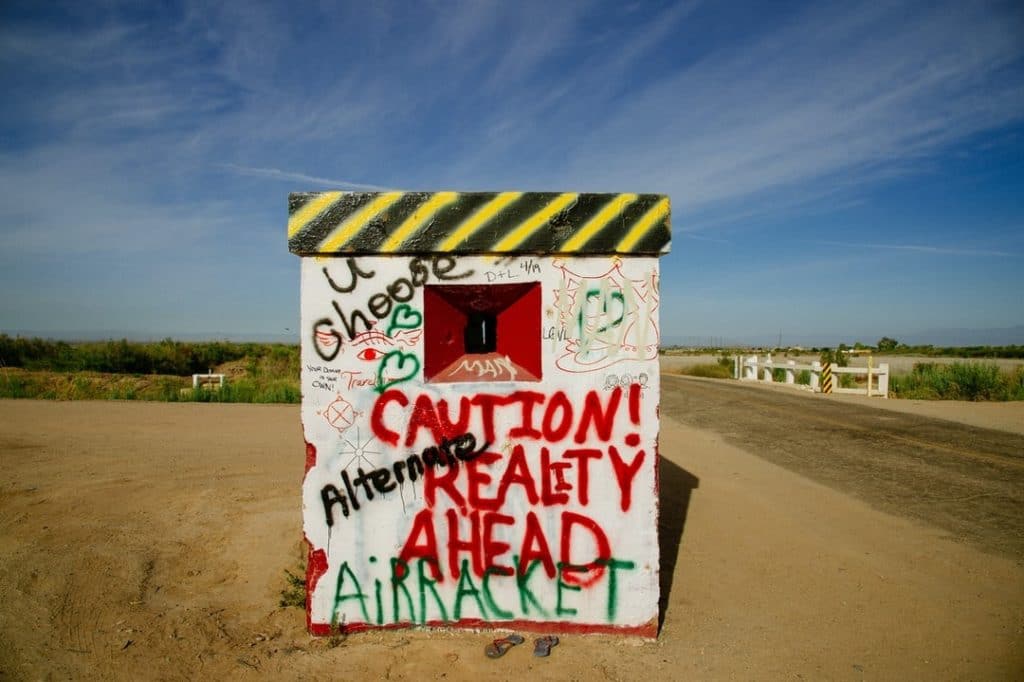Addiction recovery begins with drug detox.
Clearing your body of harmful substances that lead to behavioral and health problems is key to starting drug & alcohol addiction treatment. It is important to understand that drug detox is not the same as withdrawal.
Withdrawal from drugs and alcohol can be extremely dangerous. Withdrawal symptoms can lead to all sorts of dangerous symptoms, but you have access to the safety of a facility with professional health care and guidance with drug detox.
During detox, you may feel uncomfortable. It can even be excruciating, depending on the severity of the addiction. With the support and medical intervention of drug detox, you can feel calmer and more comfortable moving to the next step in your recovery. Further rehab and treatment following detox are essential to long-term recovery success.

Life After Detox
You just went through something emotionally, mentally, and exhausting. Now, you may feel better physically. Perhaps may also be experiencing a new sense of clarity, but there is a lot more work to do.
Adjusting to life after detox can feel overwhelming. You are not actively using, but you are probably experiencing urges and cravings. Maybe you do not fully know how to cope with stress and triggers or address emotional troubles.
Some detox facilities are also treatment centers that offer more long-term care. You may be able to join an inpatient or outpatient program at the same location. Yet, you may need to be transferred to a drug rehab program once detox is completed in some cases.
No matter which option you choose, long-term care is vital to your long-term recovery. A study on residential substance abuse treatment showed that regardless of the differences in treatment methods, those who remained in treatment for six months or more had greater success in long-term recovery.
Rehab Options
Before and during detox, you likely discussed your treatment plan with your physician or therapist. This plan should include your goals and methods on how to achieve those goals. This will not be as precise during the detox process as it will be in rehab, but you should be prepared for the next steps.
Your treatment process and recovery journey will adjust based on your growth. Dealing with those changes can be stressful, but you have the support you need to get to the next step.
The form of rehab treatment you enter after detox is up to you. You want to join a rehab program that suits your life. The type of rehab and length depends on you, your doctor, and your progress.
You may opt for outpatient treatment if you have access to family support, a safe place to live, and a job to return to. An outpatient program provides you with the follow-up care you need after detox, but you can go home in the evening. During the day, you will participate in treatment exercises, therapy, and group sessions.
If you do not have a safe environment to go home to at night, worry you are at risk for relapse outside of a facility, or think you will benefit from monitored care, an inpatient treatment program might be best for you. Speak to your doctor, family involved in your care, and your insurance provider about these options.
Both inpatient and outpatient rehab programs offer equivalent results for your long-term recovery. Depending on your history of drug use and any co-occurring disorders, both rehab options provide you with essential care and preparation for a life of recovery.
Treatment in rehab may include methods such as:
- Modifying thoughts, feelings, and behaviors about drug use
- Cognitive-behavioral therapy (CBT)
- Developing healthy life skills and coping methods
- Group therapy
- Stress management
- Developing a healthy and nutritional diet and exercise regime
- Mindfulness and meditation
- Art therapy and yoga
- Drug testing
- Treatment for co-occurring disorders
- Relapse prevention
Rehab often lasts 30 to 90 days but can be longer depending on your needs.
Maintaining Sobriety
When you are in detox, there is no access to the addictive substance. You may have cravings, but you learn to manage those without real temptation.
After detox and rehab, you have to adjust to the outside world, where you will face addiction triggers, stress, and temptation. During rehab, you will learn how to function without drugs, and you will address the issues that lead you down the path of addiction. Continuing your treatment with aftercare and group meetings will help you maintain your sobriety and benefit your recovery immensely.
Following rehab, you will realize the people or places that are unhealthy for your new sober lifestyle. You will also develop hobbies, activities, and interests that happily co-exist with your newfound sobriety.
Applying all the lessons you have learned in rehab to your everyday life may seem difficult. Throughout your time in rehab, you have grown stronger, gained confidence, and have become equipped with the tools you need to live a sober, happy life.
Drug Detox is the Start; Sober Living Helps You to the Finish
Drug detox is the start of your addiction recovery journey. It is a crucial step for your health and wellness, but it is only the beginning. Your follow-up care is just as crucial to your success.
Sober living homes provide the ideal living situation once you’re further in recovery. Being able to live in a drug-free environment allows you to practice independent living with a safety net – there’s no drug temptations, addiction triggers, or former friends who can trip you up as you walk towards recovery. Plus, sober homes help keep you accountable; you’ll be living under the same roof with multiple people who share your goals.
Finding a sober home can be hard, however. It’s why we created SoberLivingNearYou.com, the internet’s largest directory of sober homes on the internet. You’ve got thousands of listings at your fingertips, making finding a sober home within your budget and for your specific needs easier than ever.
Start searching for a sober home now with SoberLivingNearYou.com!



